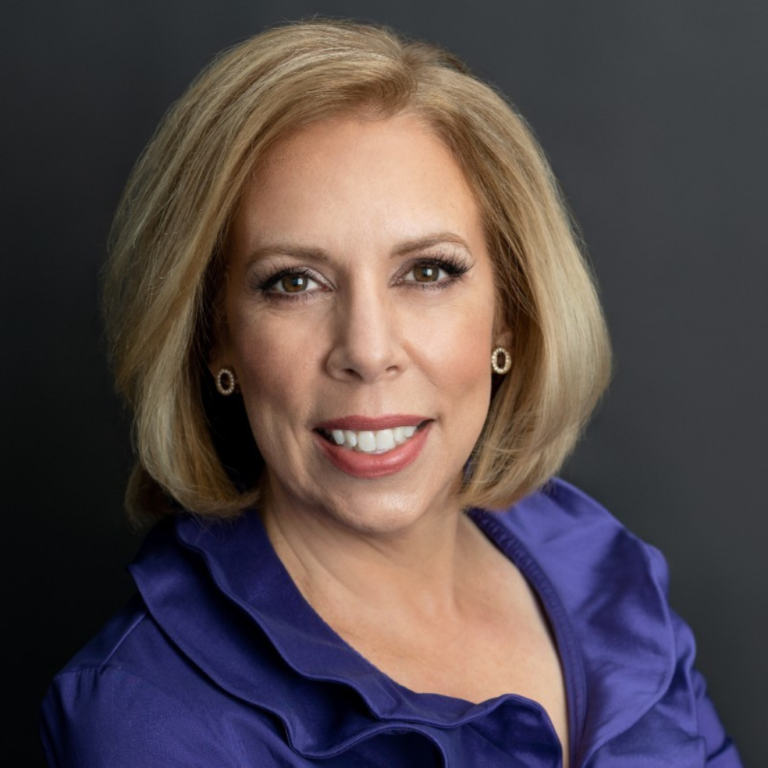It’s the end of the year and time to contribute to your political action committee (or PAC) is running out for 2017. If you are in a trade association or nonprofit you’ve probably receive frantic emails from your state or national office that start like, “Call your congressional representative before your benefits are taken away! or, “We must stop the legislature from passing HB 0000!” Desperate leaders of your PAC hound you for your yearly donation so they can “support your advocates on the hill.” Are you guilty of just hitting the “delete” key?
Let’s back up a bit. First, a PAC is a group that pools money to give to candidates or political causes. They can be formed by individuals, unions, corporations, clubs or most commonly, by associations. PAC funds are used to elect or defeat political candidates/parties or to support/oppose ballot measures. There are extremely specific rules on PAC’s and how they report the sources and uses of their contributions (see the Secretary of State website).
I deal mostly with PACs related to trade associations. PAC committee leaders are volunteer association members who are tasked with raising enough money to make meaningful contribution to candidates or to support or oppose legislation that could change the nature of your industry. PACs can be based in Oregon or at the national trade association’s headquarters.
In a recent report “Member Engagement Study: Aligning Organization Strategy with What Matters Most to Members,” (Edge Research, Abila, 2016), they found that association leaders think that 38% of the reason people joined an organization was for advocacy (after conferences and networking), but their research shows that advocacy didn’t event hit the top reasons new members join. They wanted job opportunities, socializing and certification education. In fact, on a list of 23 common association benefits advocacy ranked 11th as one of the lesser important reasons to participate and endorsing candidates was dead last.
Should it be that way? After running with the political crowd, members do not understand how devastating certain pieces of legislation could have been to their careers. Overreaching regulations, increased fees and taxes and professional “scope of work rules” can have a dramatic impact – most of it bad for the private sector. It is only the strategic presence of the organization’s lobbyist and the influence afforded by PACs that saved your bacon.
At the end of the day, your career is protected by members who are contributing to PACs, by volunteers who are working in the political arena and by your lobbyist who provides information to legislators and who makes recommendations on where PAC money should be spent.
While your organization struggles to put on quality events and meetings, (and that’s important) behind the scenes, the real difference is made in the marble palace in Salem, in the congressional halls or even at your City council.
Remember, in Oregon, contributions to a PAC, are eligible for a tax credit (not a deduction, an actual credit). Keep records of your donations and ask your accountant for assistance in getting this credit. You can’t use this tax credit for any other reason, so it’s a good idea to take advantage of it each year if you are eligible.
Determine that this year you won’t be a free rider. Don’t ignore those pleas for participation or solicitation for a few dollars toward the cause. If you are going to give to any group, it might as well be to one that is working to advocate for your industry.
Harvey Gail is president of Spire Management a nonprofit consulting and association management firm. www.SpireManagement.com @HarvGail








